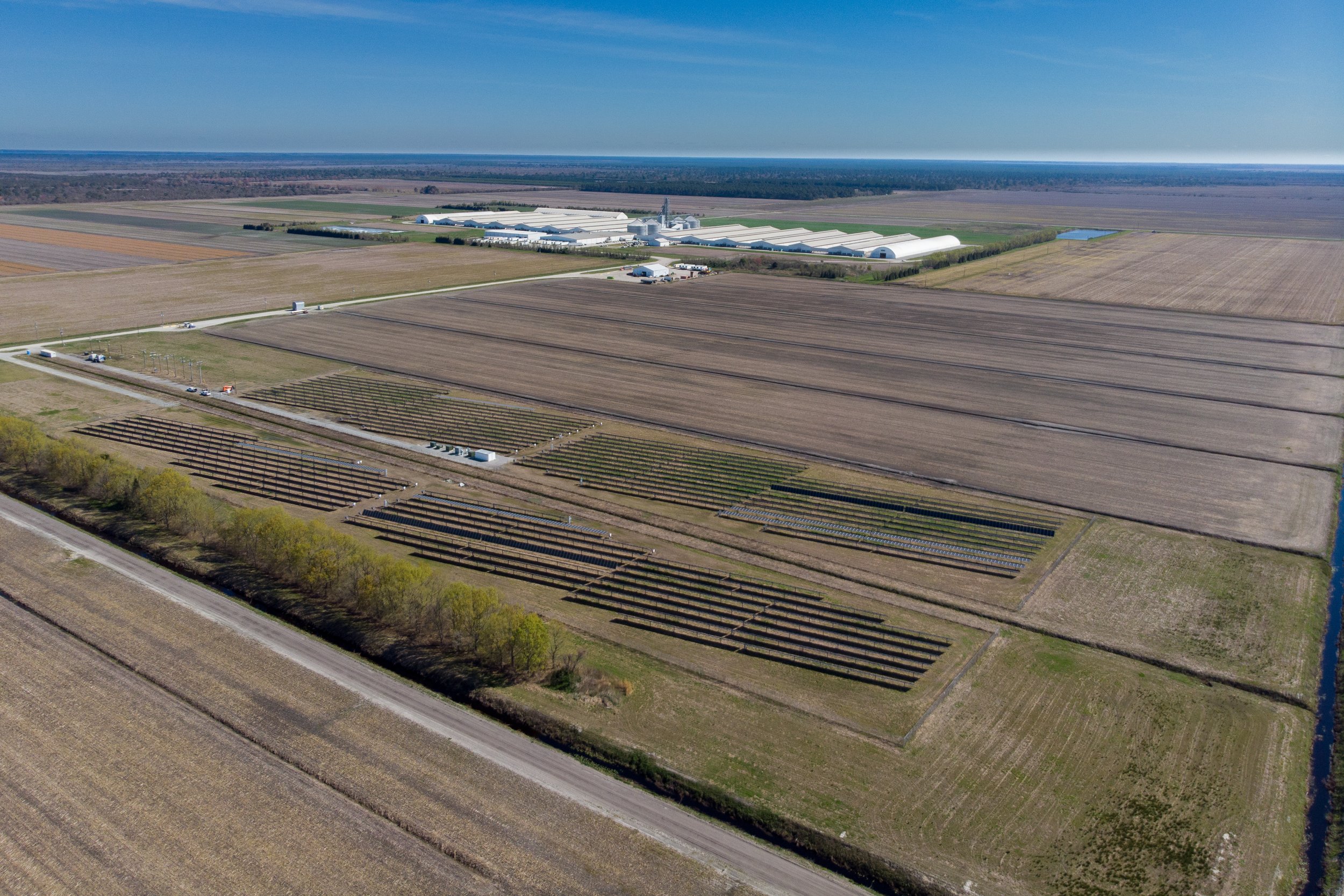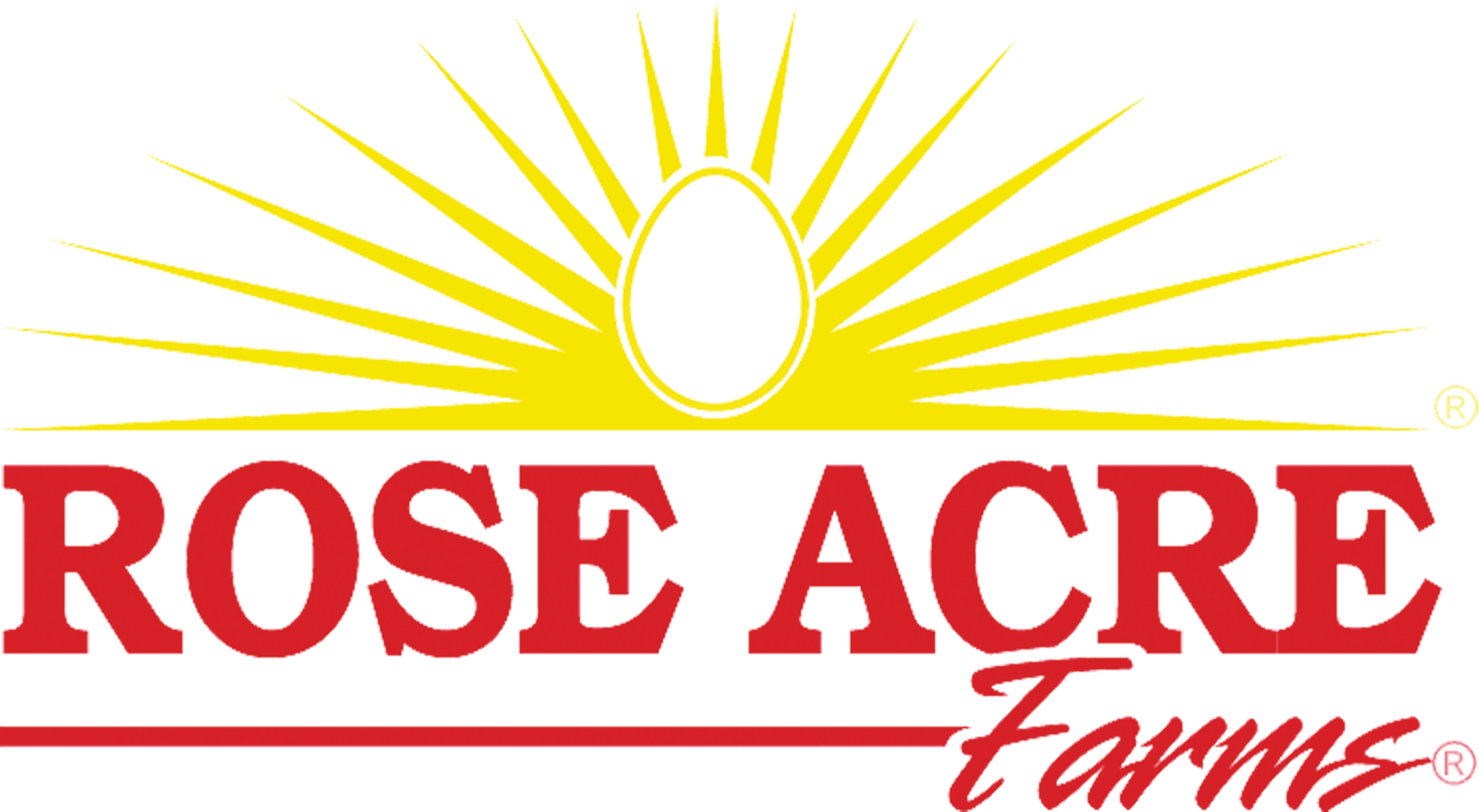
Sustainability
Our Sustainability Initiatives
-

Energy
Rose Acre Farms has transitioned nearly all compact fluorescent bulbs (CFLs) utilized in areas of production to LED lighting to reduce the amount of energy consumed for lighting.
-

Water
Daily water usage is recorded at each facility. We strive to minimize the amount of water used to prevent aquifer depletion. On the opposite end, egg wash water goes through stages of treatment and is ultimately applied back to cropland for use of nutrients.
We have reduced our phosphorus usage by 98% at our egg processing facilities.
-

Recycling Programs
Wood pallets are reused throughout the company. Damaged or broken pallets are salvaged and repaired onsite for reuse.
Cardboard and other packaging materials are flattened and bailed to be recycled at most facilities.
Scrap metal is separated from other solid waste and recycled.
-

Microgrid in North Carolina
We have partnered with Tideland EMC and North Carolina’s Electric Cooperatives to develop an agricultural microgrid that enhances environmental sustainability and power grid resiliency.
A 2-megawatt solar array and a 2.5-megawatt Tesla battery pack allow the energy generated by the panels to be stored and dispatched when needed. The solar production is expected to offset about a third of the energy consumed.
-

Manure
Manure from our hens is sold as organic fertilizer to local farmers for crop production.
In North Carolina, Rose Acre Farms processes its manure into Grade A compost that is distributed to local farmers, gardeners, and to the public for unrestricted use.
-

Animal Feed
Rose Acre Farms uses modern technologies that help unlock indigestible compounds in the grains that we feed our hens, increasing feed efficiency and therefore, decreasing the amount of waste.
The feeding program that we have developed allows us to formulate the hen’s diet to match nutritional needs at various periods of life. This includes matching nutrient uptake with consumption levels, time of the year, and the age of the hen — addressing waste and conserving precious resources.
-

Other Waste Products
Inedible egg is collected and taken to the inedible drying plant where it is processed and packed for use in pet food products.
Egg shells from further processing plants are ground and used as a liming agent on agricultural fields by local farmers.
-

Sustainability Extending to our Vendors
Corrugated packaging comes from Sustainable Forestry Initiative (SFI) Certified sources.
Pulp cartons come from 100% post consumer recycled materials. Polyethylene Terephthalate (PET) cartons are 100% recyclable and come from 50% recycled materials.
